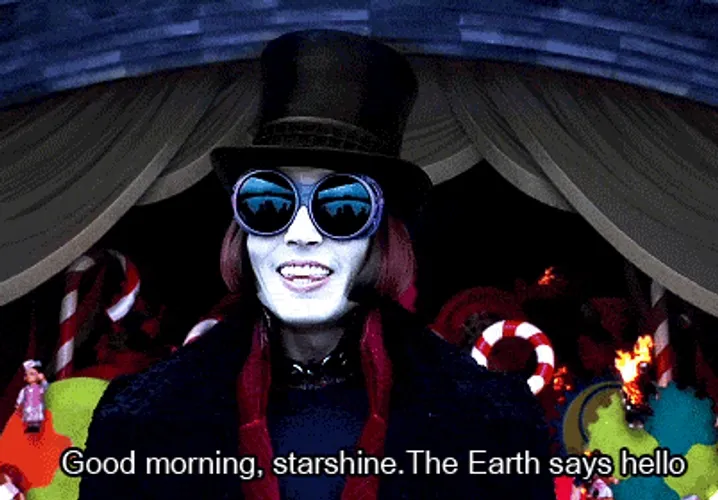HopeKillCure
Banned
The real secret to Asian American success was not education
 Y’all nikkahs never learn this game is a long, long, long one.
Y’all nikkahs never learn this game is a long, long, long one.
I know y’all nikkahs getting tired and uninterested, so here is a little

To keep y’all reading.


Wait there’s more:

 But here is the interesting part:
But here is the interesting part:



The same is slowly taking place with Hispanics at the moment, especially the “Hispanics for Trump” crowd and the “i no black papi/Brown” set.
 There is just too much from this Article to site. People really have to learn that this is a game and they are playing against people who don’t care about right or wrong,
There is just too much from this Article to site. People really have to learn that this is a game and they are playing against people who don’t care about right or wrong, they have a plan and want to “win” at all cost
they have a plan and want to “win” at all cost
NO NEED TO REP OR DAP! JUST TELL PEOPLE YOU KNOW ABOUT THE INFO AND STAY ON CODE WHEN THEY TRY TO BULLSHYTE YOU WITH ALL THE “Bu Bu Bu Black People...”
Between 1940 and 1970, something remarkable happened to Asian Americans. Not only did they surpass African Americans in average household earnings, but they also closed the wage gap with whites.
Many people credit this upward mobility to investments in education. But according to a recent study by Brown University economist Nathaniel Hilger, schooling rates among Asian Americans didn’t change all that significantly during those three decades. Instead, Hilger’s research suggests that Asian Americans started to earn more because their fellow Americans became less racist toward them.
 Y’all nikkahs never learn this game is a long, long, long one.
Y’all nikkahs never learn this game is a long, long, long one.I know y’all nikkahs getting tired and uninterested, so here is a little

To keep y’all reading.
But we already knew this right?How did that happen? About the same time that Asian Americans were climbing the socioeconomic ladder, they also experienced a major shift in their public image. At the outset of the 20th century, Asian Americans had often been portrayed as threatening, exotic and degenerate. But by the 1950s and 1960s, the idea of the model minority had begun to take root. Newspapers often glorified Asian Americans as industrious, law-abiding citizens who kept their heads down and never complained.


Wait there’s more:
Some people think that racism toward Asians diminished because Asians “proved themselves” through their actions. But that is only a sliver of the truth. Then, as now, the stories of successful Asians were elevated, while the stories of less successful Asians were diminished. As historian Ellen Wu explains in her book, “The Color of Success,” the model minority stereotype has a fascinating origin story, one that’s tangled up in geopolitics, the Cold War and the civil rights movement.
To combat racism, minorities in the United States have often attempted to portray themselves as upstanding citizens capable of assimilating into mainstream culture. Asian Americans were no different, Wu writes. Some, like the Chinese, sought respectability by promoting stories about their obedient children and their traditional family values. The Japanese pointed to their wartime service as proof of their shared Americanness.
African Americans in the 1940s made very similar appeals. But in the postwar moment, Wu argues, it was only convenient for political leaders to hear the Asian voices.

 But here is the interesting part:
But here is the interesting part:it was quickly co-opted by white politicians who saw it as a tool to win allies in the Cold War. Discrimination was not a good look on the international stage. Embracing Asian Americans “provided a powerful means for the United States to proclaim itself a racial democracy and thereby credentialed to assume the leadership of the free world,” Wu writes. Stories about Asian American success were turned into propaganda.
By the 1960s, anxieties about the civil right movement caused white Americans to further invest in positive portrayals of Asian Americans. The image of the hard-working Asian became an extremely convenient way to deny the demands of African Americans. As Wu describes in her book, both liberal and conservative politicians pumped up the image of Asian Americans as a way to shift the blame for black poverty. If Asians could find success within the system, politicians asked, why couldn’t African Americans?

“The insinuation was that hard work along with unwavering faith in the government and liberal democracy as opposed to political protest were the keys to overcoming racial barriers as well as achieving full citizenship,”


The same is slowly taking place with Hispanics at the moment, especially the “Hispanics for Trump” crowd and the “i no black papi/Brown” set.
 There is just too much from this Article to site. People really have to learn that this is a game and they are playing against people who don’t care about right or wrong,
There is just too much from this Article to site. People really have to learn that this is a game and they are playing against people who don’t care about right or wrong, they have a plan and want to “win” at all cost
they have a plan and want to “win” at all cost
NO NEED TO REP OR DAP! JUST TELL PEOPLE YOU KNOW ABOUT THE INFO AND STAY ON CODE WHEN THEY TRY TO BULLSHYTE YOU WITH ALL THE “Bu Bu Bu Black People...”
Last edited:

 Yeah, U Mad as hell
Yeah, U Mad as hell
 Cacs and Hispanicacs in they feelings
Cacs and Hispanicacs in they feelings

